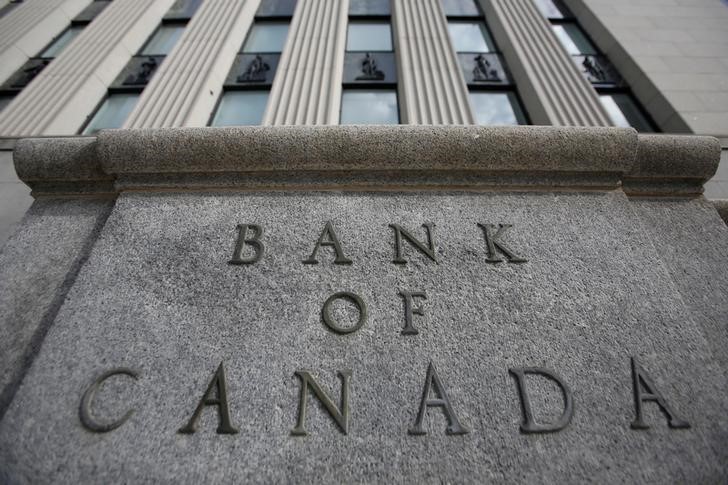(Adds audience comment, context)
By Andrea Hopkins
OTTAWA, Sept 14 (Reuters) - While the Bank of Canada's inflation targeting regime has worked well, improvements should always be considered, Bank of Canada deputy governor Lawrence Schembri said on Thursday in kicking off a conference on the bank's 2021 inflation target renewal.
The central bank's monetary policy framework, which includes a 2 percent inflation target, has come under increased scrutiny in recent months as the bank twice raised official interest rates even though inflation remains well below the target.
"While the framework has worked well in the past, improvements should always be considered - especially given the changing economic environment, the lessons learned from experience in Canada and elsewhere, and advances in academic research," Schembri said in opening remarks.
The conference is aimed at soliciting ideas for changes to the monetary policy framework from analysts and experts. Schembri and other senior Bank of Canada officials are participating in panel discussions and Governor Stephen Poloz is in the audience
"I think the mandate is posing a problem," former TD Bank chief economist Don Drummond told the first panel, pointing to the "hassle" and misunderstanding that has swirled around the bank's recent rate hikes.
The Bank of Canada struck back on Monday against criticism it had not adequately prepared markets for last week's rate increase after another prominent economist took issue with the central bank's lack of communication in the nearly two months leading up to the hike. L2N1LS1H4
Drummond, who was seated in the audience beside Poloz, said he believed more emphasis should be placed on the 1 percent to 3 percent inflation target range rather than the 2 percent midpoint.
Schembri opened the conference by saying that the bank has historically used the five-year review of the monetary policy framework, which also includes a flexible exchange rate, to consider dimensions well beyond the relatively narrow scope of the joint inflation-control agreement and the goal of price stability.
He said previous discussions of such frameworks have focused on the decline in the equilibrium real interest rate and thus in the so-called neutral policy rate, as well as the decline in potential output growth.
Other considerations might include "the elevated level of indebtedness of both the private and public sectors, which raises concerns about financial stability, fiscal space and central bank independence," Schembri said.
The conference includes remarks by most of the Bank of Canada's top officials, though Poloz is not scheduled to speak.
